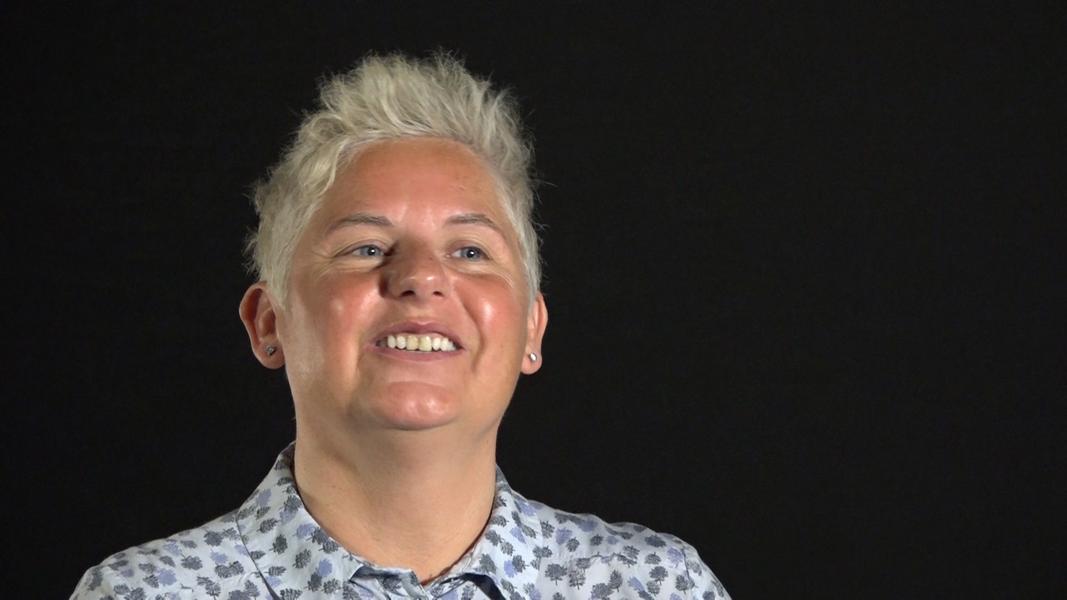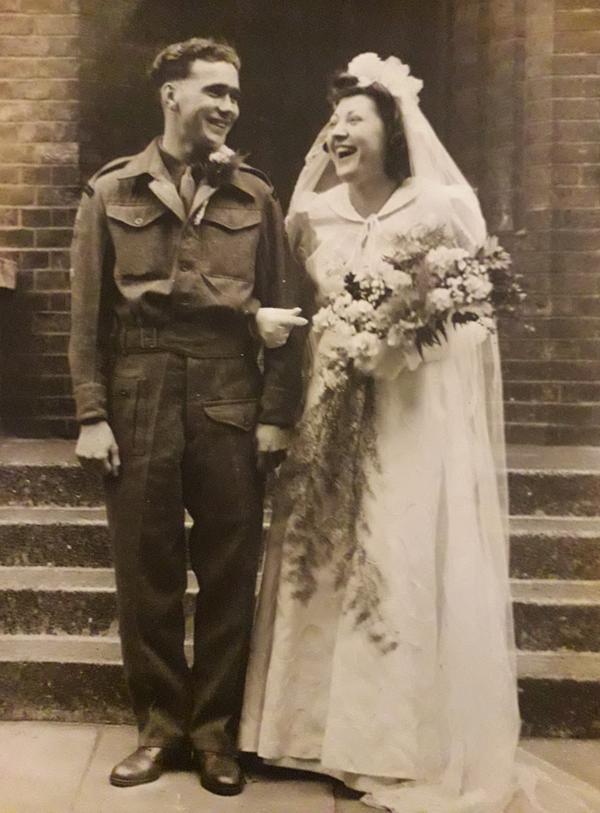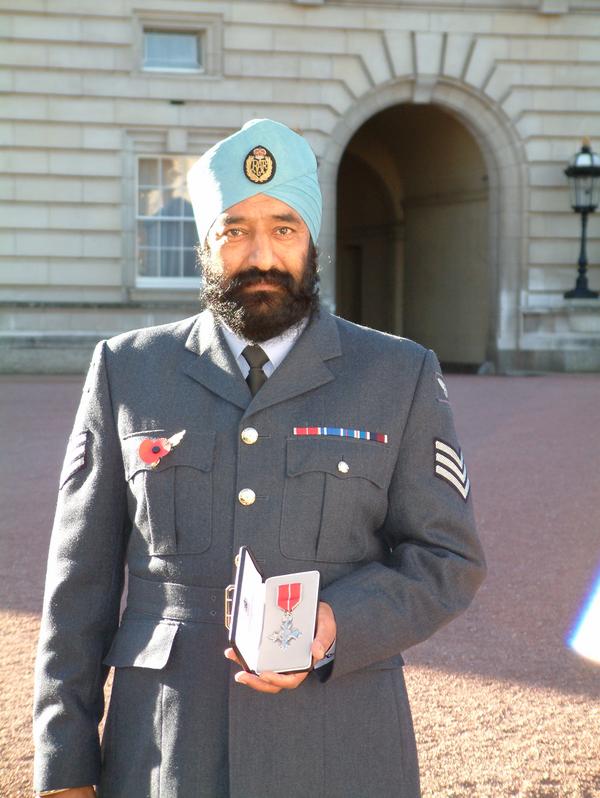and things is quite difficult.
So the training that we had was the best it could've been.
Even to the point where we had amputees in action
that came in and there was fake blood
and it can be as real as it could be
and we had a simulated aircraft
that all the noise was there.
When it could the vibrations were there and things
but nothing can prepare you for going out there
and seeing it and doing it.
Absolutely nothing.
You can go into a hospital,
you can go out onto the streets as a paramedic
but I don't think any amount of training
can prepare you for actually being there
because it's not only what you see
which is horrific but it's the smells,
the sounds, the taste of blood in your mouth.
And my first sort of few jobs
I was kneeling on the mangled limbs without realizing
that I was leaning on them and things
and you think back now
some guy's leg had come off.
What we do when a casualty comes on,
we take all their clothes off
so we can see any of the wounds or whatever.
So I started taking this guy's boot off
and the whole foot came off
and I looked at it and I was like,
well what am I supposed to do with this?
And it was like nothing could prepare you for that moment
and it's horrific and what's even more horrific
is the fact that you've just gotta put that
in the clinical waste and get in,
hand it in with the patient when you go to hospital.
You know, what prepares you for that sort of thing?
So I froze on my first call.
When I first went out on tour,
I froze, completely froze, when I saw the patient coming on.
And I'd done all the training,
I'd passed everything but I just like,
what do I do?
I froze.
So yeah.
I mean obviously after a split second I was there,
I was in it but I just, I was shocked.
Absolutely shocked at what I saw.



